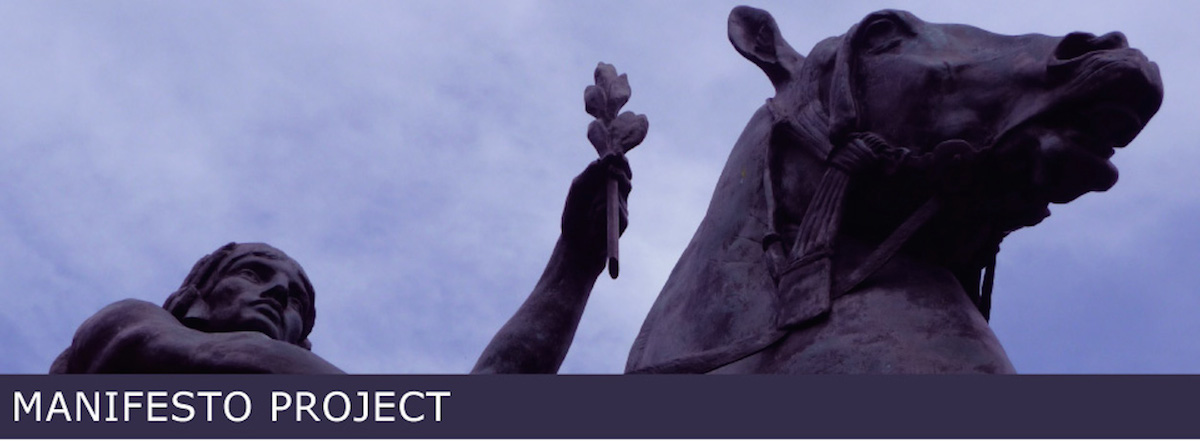Creator: John Robertson is a researcher in the field of repositories and currently work for CETIS providing support for projects in JISC’s Open Educational Resources programme.
Purpose: “A brief rapid response to @Tore’s requests for a ten point manifesto on OER…”
An OER manifesto in twenty minutes
1. openness is a way of working / state of mind not a legal distinction
2. openness needs to be integrated into your way of working retrofitting is too expensive
3. value of open is potentially greater than the value of closed
4. open content affords new forms of scholarship and enterprise
5. stop having to ask permission: remove barriers with open licensing
6. use a common open license or don’t bother (lawyers read licences, users and machines don’t)
7. you need a good reason to keep publicly funded work closed
8. open content should allow you to build commercial services if you want
9. open content shifts the $ focus onto what is really valuable: expertise, support, and ‘accreditation’ [for various dftns]
10. open content has the potential to improve access to education (and consequently benefit society)
I’d also want to say something about
1. openness does have costs – budget for them [edit (for clarity): costs here are not just £$ costs]
2. you don’t have to be open all the time with everything – mixed economies may be practical
3. the transition to openness is unsettling
4. the (re)development of new business models, organisations, and practices challenges existing business models, organisations, and practices
The above is written without appropriate sources and without consulting existing manifestos but as an exercise in trying to quickly capture what I’ve absorbed and thought working in the OER community. If I’ve reproduced your work without realising it please comment Doubtless a more considered version would look a bit different but as a discussion point in this amount of time that’s what I’d throw into the ring.
Source
Post on John’s JUSC CETIS blog – 25 August, 2011

